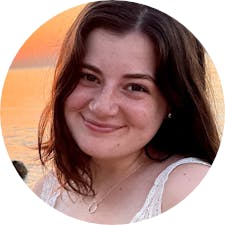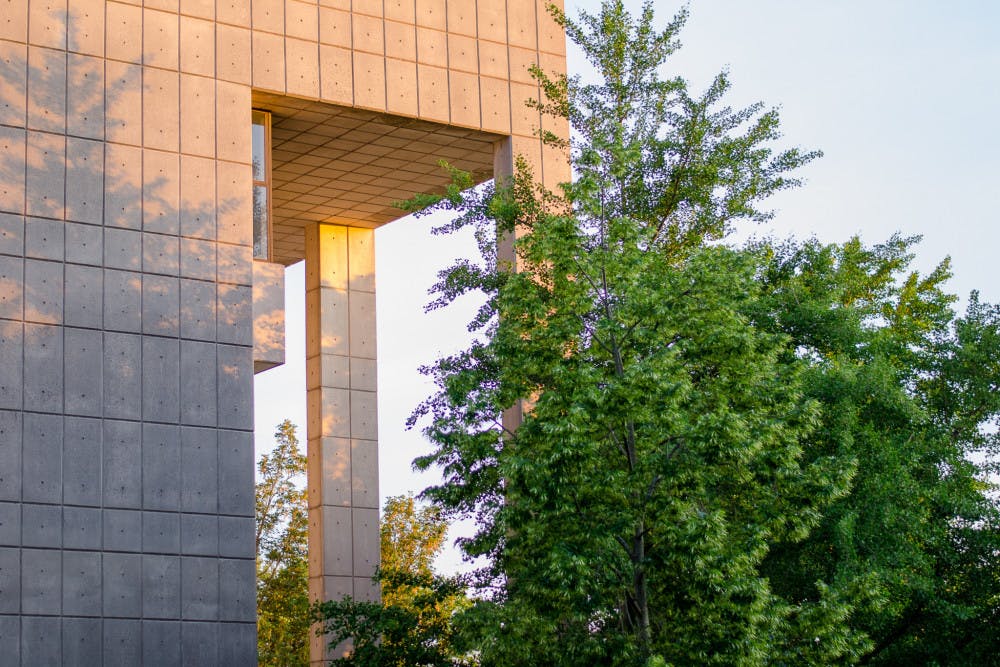Upon hearing the University’s announcement that classes would operate mostly online, Rebecca Ho ’21, visual art and biology concentrator and co-head Herald photo editor, was worried that she would not be able to complete her visual art concentration requirements. As VISA courses often require heavy in-person interaction, Ho assumed that the department would be unable to offer any classes in fall 2020.
Contrary to her expectations, she was ecstatic to find that the VISA department reimagined the class formats to fit an online model, she said.
“I’m just really happy classes are still being offered. They’re doing the best job they can do for students to have the best experience,” said Ho, who is also a Visual Arts Departmental Undergraduate Group leader.
This semester, the VISA department is offering 11 separate courses, ranging from the visual art introductory course VISA 0100: “Studio Foundations” to more advanced courses such as VISA 1520: “Digital Photography.” Last fall, the VISA department offered 16 classes.
The department also experienced a drop in enrollment. So far, 185 seats have been filled in VISA courses this semester, compared to 358 in fall 2019, according to the University’s class registration service Courses@Brown.
“I would estimate we have about half (the) normal enrollment, both because of the social distancing and the reduction in classes because of the three semesters,” said Leslie Bostrom, department chair of visual art.
Eva Lau ’23, a potential visual art concentrator who is enrolled in Studio Foundations as well as VISA 0150: “Digital 2D Foundation,” initially imagined herself only enrolling in VISA 0150. But once she saw that Studio Foundations would be offered in a hybrid format, she seized the opportunity for in-person learning.
“I got into the section that met in person,” Lau said. “I’m just happy to have any human social interaction.”
The hybrid class has reimagined what art instruction can look like, Lau said. In one of the initial lectures, the class discussed ways in which students could make art with objects in their own environment — a contrast to lectures in previous semesters which were specifically about painting.
Still, the visual art department will provide kits to all Studio Foundations students, whether remote or in-person, with art supplies including charcoal, assorted brushes and gouache.
If classes are fully online, Lau and Ho both said they prefer digital art classes, which require fewer art supplies and are more adaptable to an online format.
Ho said that she would be able to get more out of digital photography over Zoom. “I was thinking of taking other classes that involved drawing, but those are so focused on the professors just coming up to you in class.”
Lauren Fung ’22, a public policy and economics concentrator currently enrolled in VISA 0100, welcomed the idea of a VISA class this semester. Fung said she felt like she had more time in her schedule because of the University’s remote policies.
But still, the class has felt lonely. “We can’t really see each other’s art, which can feel isolating, but the actual opportunity to have someone critique your art and still view it is still there,” Fung said.
Fung said she’s concerned about sharing her art over Zoom, worried it might not appear as clearly as it would in person.
“It can be tricky to photograph it and make sure everything is clearly visible,” she said.
Jenny Kim '21 is taking VISA 1230: "Advanced Painting" this semester as one of her studio class requirements. "I had been looking forward to this class since I took the beginner painting my sophomore year," she wrote in an email to The Herald.
Kim wrote that her class as well as two other VISA classes that abruptly went remote last semester, have proven to be an unexpectedly pleasant experience. "Taking VISA classes during the pandemic has been such a surprisingly positive experience," she wrote.
"Overall, I think the professors and the department have done a great job and while it hasn’t been ideal, I don’t think it’s fair to give up on them when they definitely haven’t given up on us," she added.

Rebecca Carcieri is an arts & culture editor. She is a senior from Warwick, Rhode Island studying political science.





